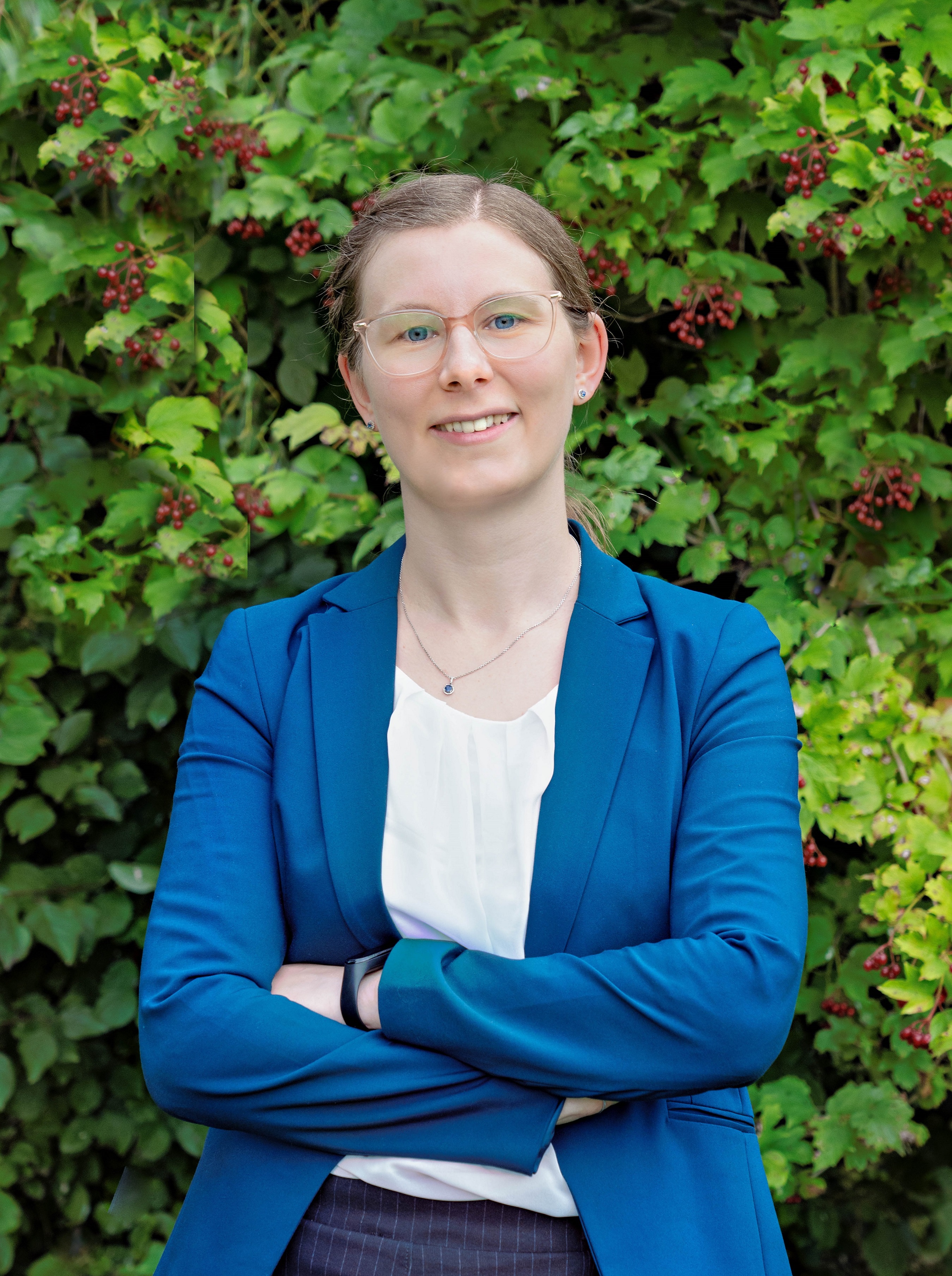What did you study in Clausthal?
I studied materials science and materials engineering with a focus on plastics.
In which subject area did you do your doctorate and what did you research?
I did my doctorate in materials science with a focus on plastics. My doctoral thesis deals with the use of a residual material from paper recycling as a filler for thermoplastics.
What is your current job like?
I am currently a developer and application engineer at a company that produces blown films made of polyethylene. My tasks include developing new stretch films for securing load units, creating formulations, testing alternative materials and supporting related departments with technical issues.
Did you spend any time abroad during your studies or doctorate?
No, I only attended two conferences abroad: once in France and once in Austria.
Did you do any (voluntary) work on the side?
I was active in the student council, the study commission and the faculty council of Faculty 1 throughout my studies. During my doctoral studies, I was part of the doctoral student representatives.
Did you take part in interdisciplinary further education courses?
As I held a regional position at PuK and therefore also co-supervised courses, I took part in the ZHD's higher education didactics certificate program. I was also an internal auditor for our testing laboratory and completed external training in this area together with a colleague.
What language skills do you need in your job today?
German and English. We have a French subsidiary, but almost nobody in our company speaks French, so we communicate in broken German and English.
Did you already gain practical experience during your training?
I did several internships during my studies. Funnily enough, after my first internship I was sure I never wanted to do anything to do with blown film in my life. Now I'm in my second company that produces blown film. So you can definitely change your mind in the course of your studies.
What have you benefited most from in your job?
I benefit most from the structured and independent way of working that I learned during my studies and doctorate. It also helps immensely if you have a good "technical gut feeling". Then you don't have to familiarize yourself with the details of every issue, but can make decisions quickly. Of course, there are always issues that you have to look at very closely, but it's often enough to know "X is better than Y" or "If I take more of A, the value of B will increase".
What do you need in your job today that you didn't learn during your studies/doctorate?
Many technical details are so company- or industry-specific that you can't learn them during your studies, while you don't need a lot of things you learned during your studies in everyday life. I still remember exactly when I started at my first employer: the colleague who trained me had been with the company for 30 years and threw around material designations and technical terms that I had never heard before. I knew what an LDPE and an LLDPE was, but he kept switching back and forth between the company's internal raw material numbers and the manufacturers' product names. Every day I understood a little more, but I don't think I was completely sure-footed even after the trial period.
Is there anything you would like to pass on to our graduates?
Find your own path and try something different. It is important that you are happy with your job, because you usually spend more waking time at work during the week than you have free time. If you're not happy (anymore), do something about it. Experience has shown that the grass is only greener elsewhere at first glance, but that doesn't mean you have to stay in a job/company for the rest of your life where you don't feel happy.

